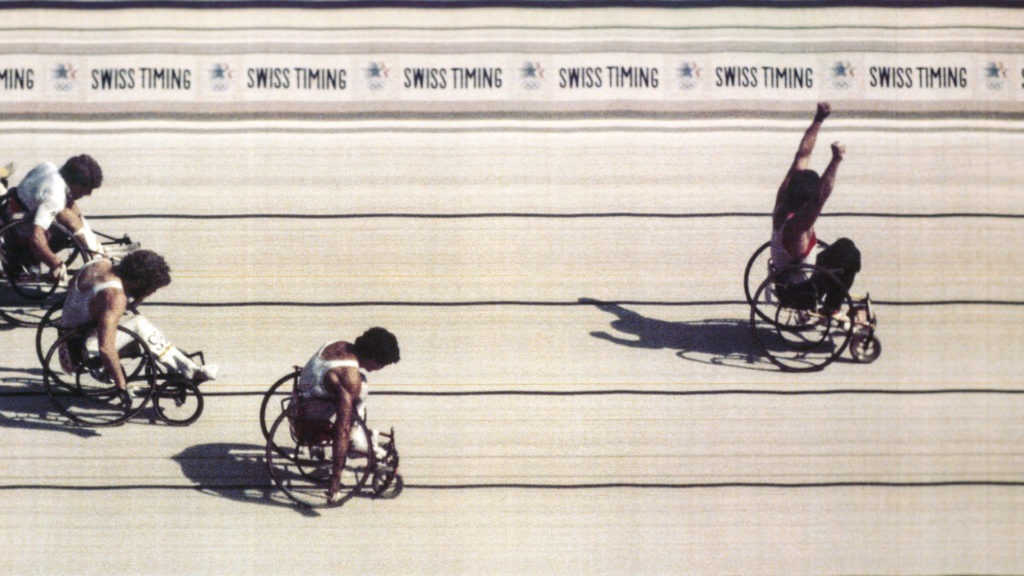Tim Nugent was a 24-year-old graduate student looking for a dissertation topic when he began on a road that would significantly impact the lives of thousands.
It was after World War II, in 1948, when Nugent was hired to run a program for students with disabilities at a satellite campus of the University of Illinois. Little did he know that he would soon become one of the biggest advocates for the disabled, earning the nickname, “The Father of Accessibility.”
“People with disabilities have the same aspirations, the same interests, the same talents, the same skills as you and I have,” Nugent said. “They just go about doing them differently.”
Nugent’s experimental program was discontinued after one year, prompting him to write every university and college he could find as he searched for a new home for his program. He was uniformly rejected, but managed to talk the University of Illinois to take him in.
It wasn’t always easy as Nugent convinced outsiders to buy in and support what he was doing.
“It’s true that many administrators and faculty thought this would become a university of ‘gimps,’ ” Nugent said. “They thought it would be depressing, demoralizing, an extra cost, an extra liability.”
It was nothing of the sort. Nugent found that his students needed an outlet to channel their energy and turned to sports. In addition to creating participation programs, Nugent founded the first college wheelchair team, the Gizz Kids. He later founded and served as commissioner of the National Wheelchair Basketball Association. The University of Illinois has produced hundreds of Paralympic medalists.
“Nugent was a true pioneer not just for para-sport, but he also strongly believed in nurturing the whole person to help them reach their full potential,” Sir Philip Craven, president of the International Paralympic Committee, said in 2015. “His mantra was ‘the presence of a problem is the absence of an idea,’ which led him to break down many of the barriers that people with impairments face in all spheres of life, from education right through to sport and making the built environment accessible for all.”
Nugent led the University of Illinois to the forefront, not only in athletics for the disabled, but in providing for everyday accessibility. The university was the first to institute curb cuts for wheelchairs and have fully accessible bus routes for students.
“Our philosophy is that you do not protect people with disabilities,” Nugent said. “But rather equip them to meet all of the hazards of life.”
Nugent passed away in 2015. He was 92.











